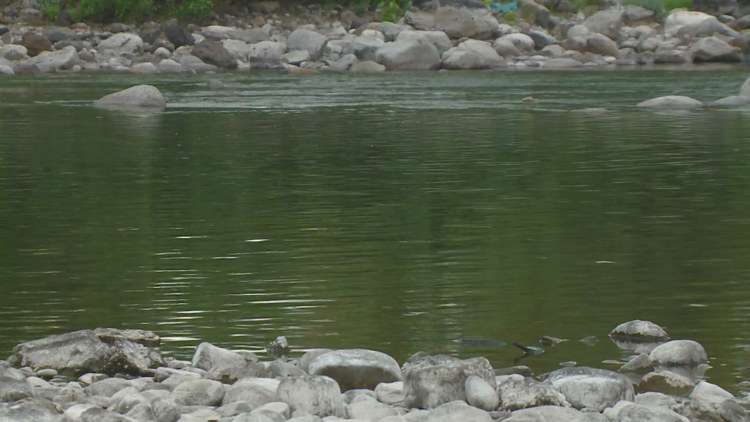KOOTENAI COUNTY, Idaho — The Spokane Valley-Rathdrum Prairie Aquifer, the water source for over 500,000 people in Idaho and Washington, faces mounting challenges from development, a drier climate and potential contamination.
The aquifer encompasses 370 square miles, the bulk of which lies beneath Kootenai County. From there, it flows underground into Washington where it discharges into the Little Spokane River, according to the Spokane Valley-Rathdrum Prairie Aquifer Atlas. It is the source of almost all drinking water for the Spokane and Coeur d’Alene regions, in addition to the water used for irrigation and industrial purposes. In Kootenai County alone, over 2,200 wells tap into the aquifer.
As water is pumped, the amount in the aquifer decreases each year before being recharged by snowmelt in the spring.
While demand on the aquifer can be predicted with some reliability, the amount of available water at any point in the future is harder to predict. That’s because the extent to which the aquifer recharges is almost entirely dependent on meteorological factors, Meg Wolf from the Idaho Water Resources Research Institute said.
“Drought impacts aquifer recharge by reducing annual and multi-annual precipitation contributions,” said Wolf. “Warm, dry conditions during drought increase evaporation and transpiration rates, sending more water back to the atmosphere and reducing water available during recharge.”
Currently, northern Idaho and eastern Washington are categorized as “abnormally dry” by the National Weather Service, meaning less precipitation is available to recharge the aquifer even as water continues to be drawn from it.
More development in the area taxes the resource even more and can lead to a greater risk of contamination through hazardous waste disposal, increased storm drainage, wastewater discharges, inadvertent spills and illegal dumping.
To read the full story, visit our news partners, the Coeur d'Alene Press.



